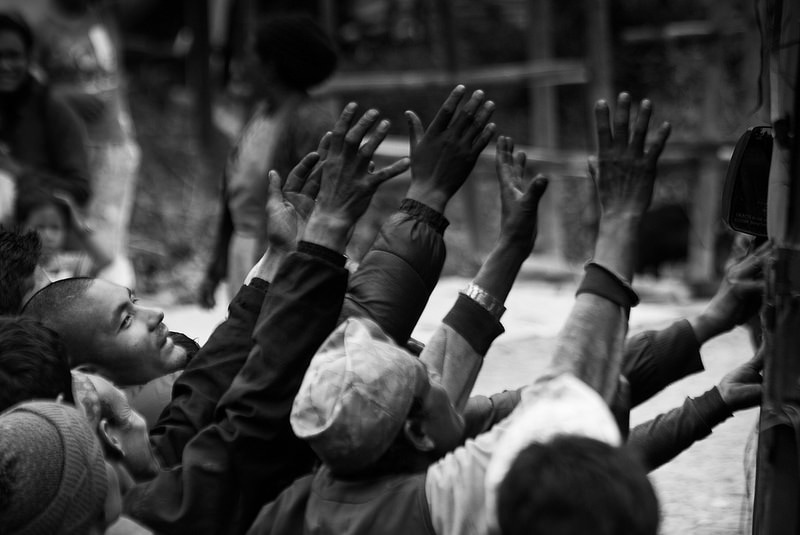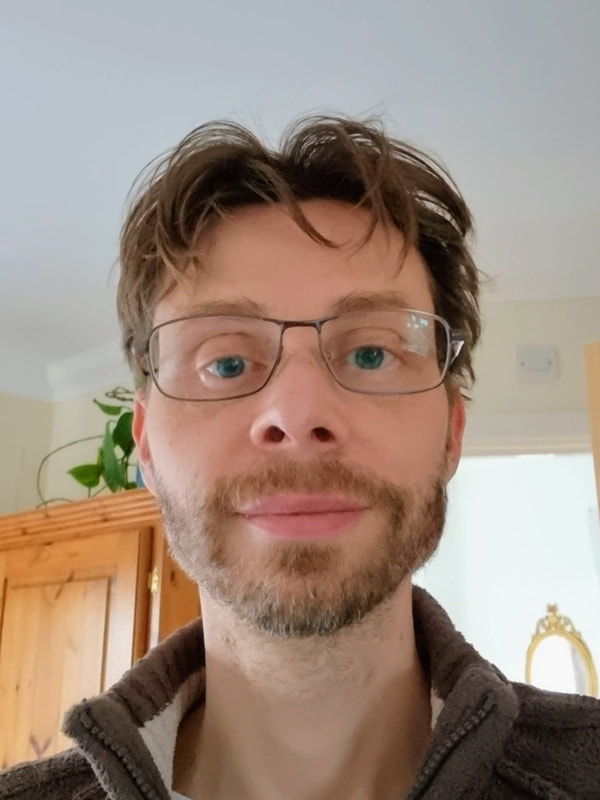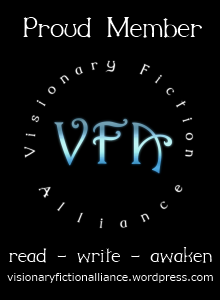|
"...The capacity to apprehend the One in the many constitutes the special responsibility of those who would dwell in love."
(Faith & Practice. A Book of Christian Discipline of Philadelphia Yearly Meeting, Extracts 37: Daniel A. Seeger, 1994.)
0 Comments
I always sleep with a pen and note-pad by my bedside table. They were called into action in the small hours of last night as I woke with these thoughts, prompted by my study of Chapter 14, Section III of A Course in Miracles the previous evening… (I had to get up half way through, as my biro ran out of ink. Note to self: In future, keep two pens by my bedside table!)
Though we wear masks of innocence and see our occasional transgressions as justified, at an unconscious level, we feel guilty for the seeming act of choosing, through separation, to cut ourselves off from God. Our sense of guilt is reinforced each time we look at another with even a hint of judgment or condemnation, and do not see them as a Child of God. Every day, even before the cock crows, we deny the Son of God in our thoughts, seeing him or her as a body and not as part of our Self. But our errors - be they unkind (untrue) thoughts, or words or deeds - cannot harm the other person and do not affect the truth of Who they are. Our ‘crime’ is therefore an imagined one that takes place only in this dream of forms. Although I did not fully appreciate it at the time I was writing the novel, Escape to Redemption is an exploration of these same ideas. Josie inadvertently shoots someone. Initially, she tries to justify what she did. Soon, though, she is overwhelmed by guilt. Kogut (a student of A Course in Miracles who himself has a shady past) attempts to reassure her that, since “nothing real can be threatened”, even her serious crime does not alter the truth of Who she is. Can a part of God be guilty? Is there anything that is not a part of God? If the answer to both of these questions is ‘no’ then, as a part of God, I (that of God in me, my True Self) cannot be guilty. I must be innocent. How will I come to accept this? By seeing my brothers and sisters as innocent too. By looking past their mistakes (which are simply calls for love) and seeing only the Christ in them. In other words, it is through forgiveness - over-looking others’ seeming errors and beholding only the eternal truth of Who they are - that I can set aside my own feelings of guilt. “There is nothing to forgive. No one can hurt the Son of God. His guilt is wholly without cause, and being without cause, cannot exist.” (A Course in Miracles, Text, Chapter 14.III.5-7.) |
AuthorPeter Parr: Quaker, writer and former member of the British minigolf team. (Actually those are all just roles I play. Words can't describe who any of us really are.)
|


 RSS Feed
RSS Feed


